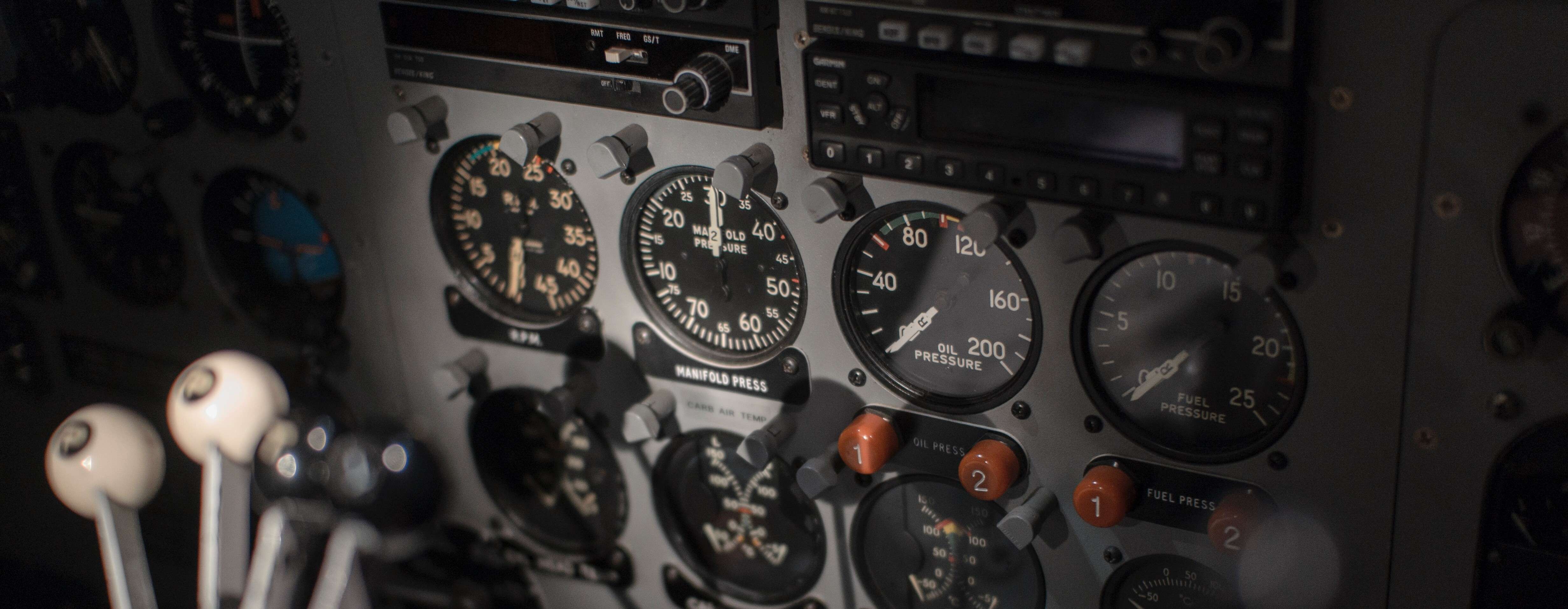
Guides related to Local Beach
Profiling in Local Beach using Blackfire
Blackfire provides insights into performance problems that are hard to get otherwise.
Configure Blackfire
Blackfire credentials
Add the following to the .localbeach.dist.yaml or to .env, depending on your preferences. The needed values can be taken from https://blackfire.io/docs/php/configuration after logging in to your Blackfire account.
BLACKFIRE_CLIENT_ID=…
BLACKFIRE_CLIENT_TOKEN=…
BLACKFIRE_SERVER_ID=…
BLACKFIRE_SERVER_TOKEN=…Blackfire agent
Now edit your .localbeach.docker-compose.yaml and add this new service block for the agent (line 16 can be adjusted or left out, depending on your needs):
blackfire:
image: blackfire/blackfire:2
container_name: ${BEACH_PROJECT_NAME:?Please specify a Beach project name as BEACH_PROJECT_NAME}_blackfire
depends_on:
- php
networks:
- local_beach
security_opt:
- no-new-privileges
environment:
- BLACKFIRE_CLIENT_ID=${BLACKFIRE_CLIENT_ID}
- BLACKFIRE_CLIENT_TOKEN=${BLACKFIRE_CLIENT_TOKEN}
- BLACKFIRE_SERVER_ID=${BLACKFIRE_SERVER_ID}
- BLACKFIRE_SERVER_TOKEN=${BLACKFIRE_SERVER_TOKEN}
- BLACKFIRE_DISABLE_LEGACY_PORT=true
- BLACKFIRE_LOG_LEVEL=4
ports:
- "8307"
Blackfire PHP probe
The probe is already part of the PHP image, so add the following to the php service block's environment section in .localbeach.docker-compose.yaml to enable it:
- BEACH_ADDON_BLACKFIRE_ENABLE=true
- BLACKFIRE_CLIENT_ID=${BLACKFIRE_CLIENT_ID}
- BLACKFIRE_CLIENT_TOKEN=${BLACKFIRE_CLIENT_TOKEN}
- BLACKFIRE_AGENT_SOCKET=tcp://${BEACH_PROJECT_NAME:?Please specify a Beach project name as BEACH_PROJECT_NAME}_blackfire:8307Use the profiler
Now you can either profile CLI commands inside Local Beach like this:
beach exec
$ blackfire run ./flow …
Or you use the Blackfire browser extension or the CLI to start profiling your web requests…